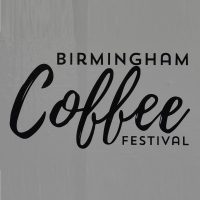 This time last week I was at the third annual Birmingham Coffee Festival, taking place at the Custard Factory in Digbeth, Birmingham. I went for the first time last year, enjoying it so much that I decided to return to Birmingham this year, even though it meant missing the World of Coffee in Berlin. In all I spent two days there, Friday and Saturday, skipping the final day (Sunday). Of the two, Friday was much quieter, as you would expect.
This time last week I was at the third annual Birmingham Coffee Festival, taking place at the Custard Factory in Digbeth, Birmingham. I went for the first time last year, enjoying it so much that I decided to return to Birmingham this year, even though it meant missing the World of Coffee in Berlin. In all I spent two days there, Friday and Saturday, skipping the final day (Sunday). Of the two, Friday was much quieter, as you would expect.
If you’ve attended any of the UK’s smaller coffee festivals (Manchester or Glasgow for example), then you’ll know roughly what to expect: coffee, coffee equipment and handful of related stands. Alternatively, if you’ve been to London Coffee Festival, then the Birmingham festival is much smaller and far more relaxed, featuring mostly local roasters and coffee shops, with a handful of national names.
As I usually do for coffee festivals, I’m going to write up my visit over a series of posts, starting today with a general round-up of the festival and the space. Subsequent posts deal with the various roasters I visited, all things food-related, plus there’s a general round post covering everything else (including tea of all things!).
You can see what I got up to after the gallery, a tour of the venue.
The first thing to say is that Birmingham Coffee Festival was ridiculously good value for money, with a ticket for any of the three days costing just £9.12 in advance (which includes a £1.12 booking fee) or £10 on the door for six hours (eight on Saturday) of coffee-based fun. There was even a tote bag thrown in for free. At that price, it would have been a shame not to go.
The venue, in the sprawling Custard Factory (so named because it once produced Bird’s Custard Powder), is gorgeous, in the same league as the soaring hall of the Briggait, home of the Glasgow Coffee Festival. The festival occupies a bright single-storey extension on the northern side of the Custard Factory white-washed walls, the highlight of which is (pun intended) the soaring saw-shaped wood and glass roof which gives the festival an immense sense of space.
Last year, it occupied a single, roughly square space, but this year it had expanded, adding three smaller rooms (Zones 1 – 3) to the main hall (now renamed Zone 4). There’s also a large, outdoor street food market, making Birmingham one of the best catered coffee festivals I’ve been to. Last year, this was in an internal square off the main hall, which doubled as the main entrance. However, this year, all this had changed, with the street food moving to Zone 5 (a fancy name for the car park) on the other side of the main hall (although it was in the courtyard on the Friday).
The entrance also moved this year. Previously, you went via the Custard Factory, through the courtyard, but this year, the festival had its own entrance on Floodgate Street, just to the north of the Custard Factory. The door on the street led to a corridor in an enclosed bridge over the River Rea, which provided shelter for people queuing to get in, a rather important consideration since it rained almost nonstop for the two days I was there (the sun came out once, about half an hour before I left on Saturday!).
The festival doesn’t sell weekend tickets, although since I suspect that I’m the only person who attends for more than a single day, it’s not a major problem! However, if you do attend multiple days, you’ll need a separate ticket for each day, which you queue up to exchange for a wristband (and a tote bag) at the entrance desk (or pay on the door). Once you have your wristband, though, you can come and go as you please.
I was impressed with the festival’s layout last year, but this year it’s even better, largely due to the addition of the three extra rooms (Zones 1-3). These are small rooms, all at the front of the space. You enter via Zone 1, on the right, which has a door at the back into the main hall (Zone 4) and one to the left, leading to Zone 2. From here you can go into Zone 3, where there’s another door at the back, leading back into Zone 4.
These new rooms were, with the exception of Carrara Collection in Zone 1, the preserve of non-coffee stalls, with several bakers amongst the varied stalls. This freed up space in the main hall, Zone 4, which meant that rather than the corridor-like layout of the previous years, this year stands frequently stood alone. This meant that there was more space to move around and more room around the stands.
A new feature this year was the presentation stage, where various demonstrations were given, including home brewing and latte art. To make way for this, the live stage for local street musicians had been moved from the main hall into Zone 5 (ie outside). Although a DJ played music between demos at the presentation stage, this was local to the area and neither he nor the live acts were piped through the sound system across the whole festival. The result was a big reduction in noise levels, which was excellent, given that this was one of my major complaints last year.
Another new feature was the introduction of predominant recycling bins which offer recycling for all the coffee cups and much of the other waste. While I’d rather see festivals going the route of Glasgow and only use reusable cups, this is the next best thing. It’s a move similar to that taken by this year’s London Coffee Festival, only, I felt better implemented, with many prominent, well-labelled bins. More to the point, I never saw one overflowing, so hats off to the festival and recycling partners, First Mile.
I remember being impressed with how much seating there was at the festival last perhaps the only area where I feel that the festival has taken a slight step backwards. There’s still plenty of seating, particularly compared to some other festivals, but I felt that there was slightly less this year. However, on a positive note, BWT was back providing free water stations, this time with the option of dispensing sparkling water, which I really enjoyed.
To end on a positive note, I had a really good time at this year’s Birmingham Coffee Festival. Last year it was 2018’s surprise package, but this year I came with high expectations which were pretty much exceeded in all cases. Here’s looking forward to next year’s festival! In the meantime, don’t forget to check out the next write up in the series: Meet the Roasters.
December 2019: Birmingham Coffee Festival was a runner-up for both the 2019 Best Saturday Supplement and Best Espresso Awards.
Liked this? Then don’t forget to check out the Coffee Spot Guide to Birmingham for more great Coffee Spots.
If you liked this post, please let me know by clicking the “Like” button. If you have a WordPress account and you don’t mind everyone knowing that you liked this post, you can use the “Like this” button right at the bottom instead. [bawlu_buttons]
Don’t forget that you can share this post with your friends using buttons below.

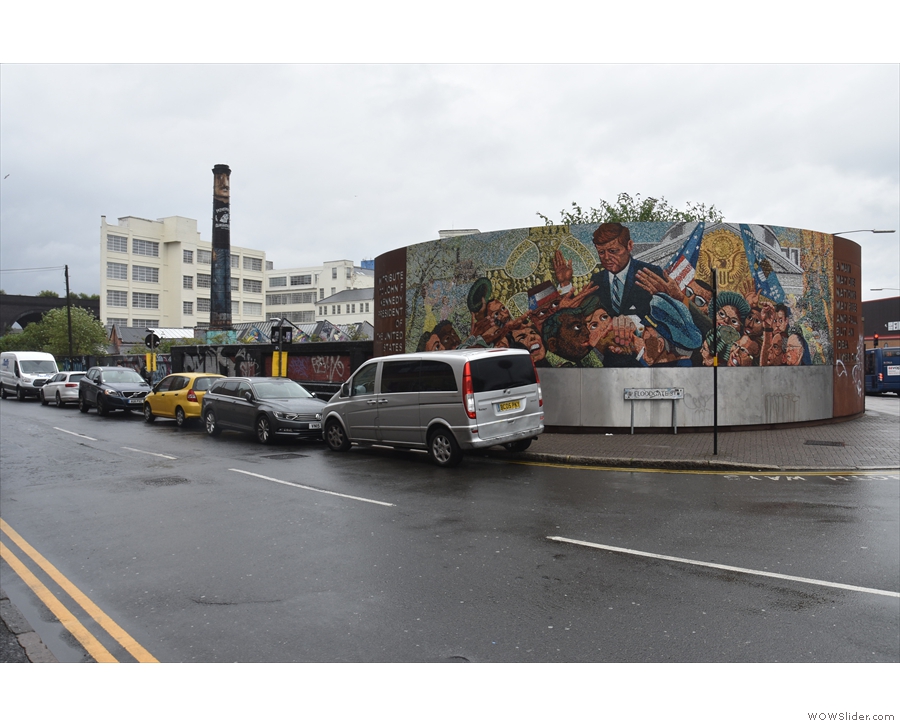
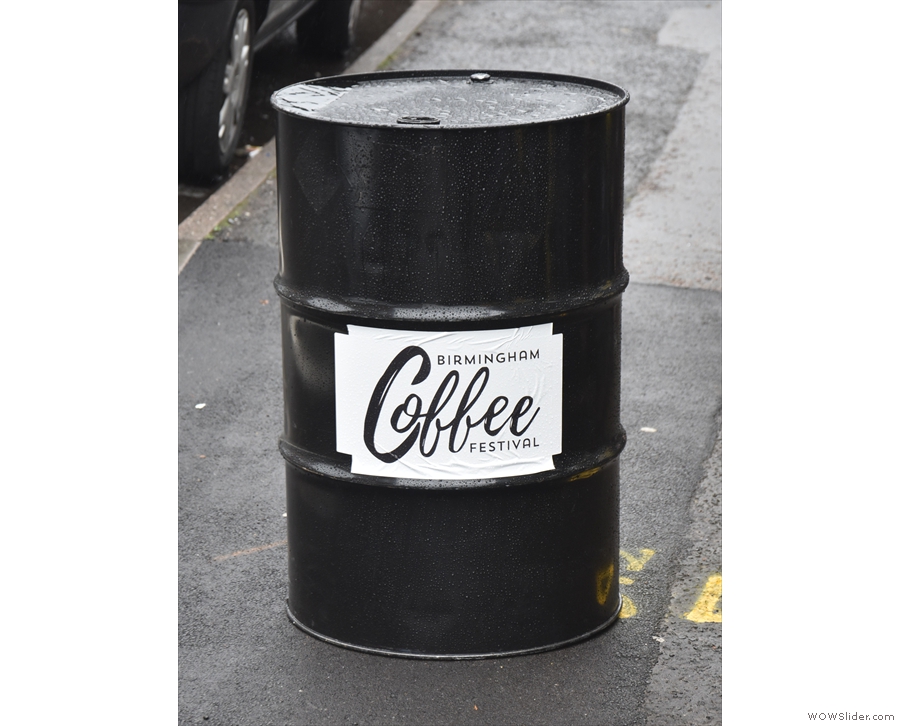

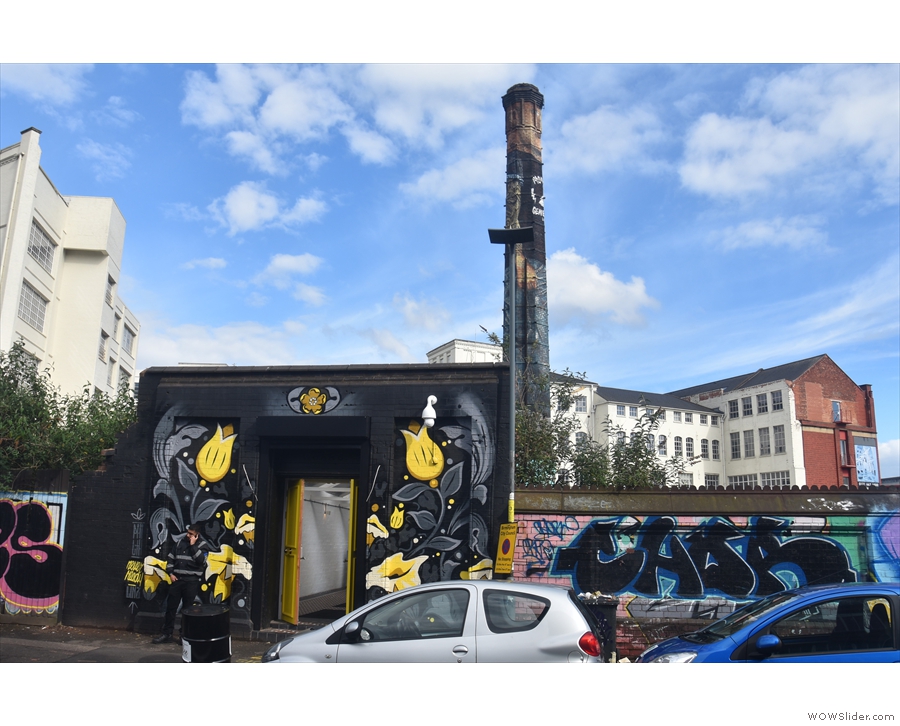
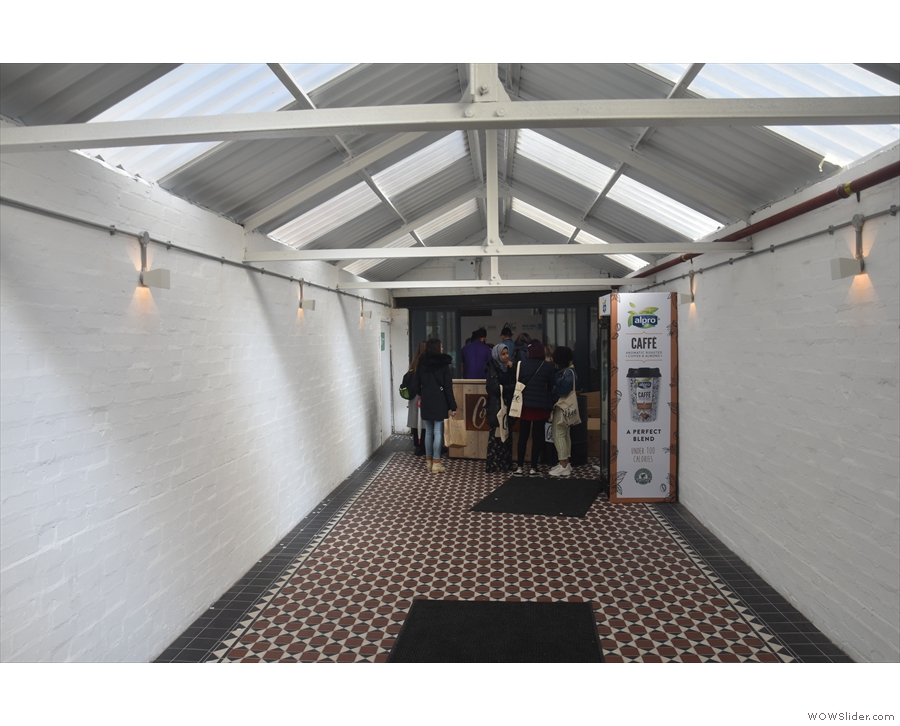
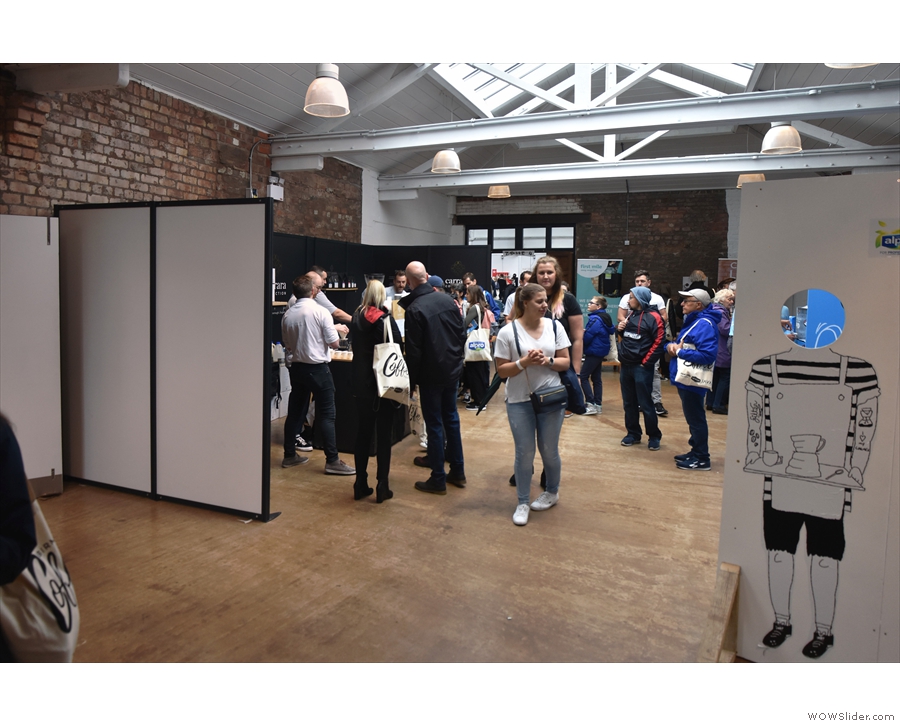
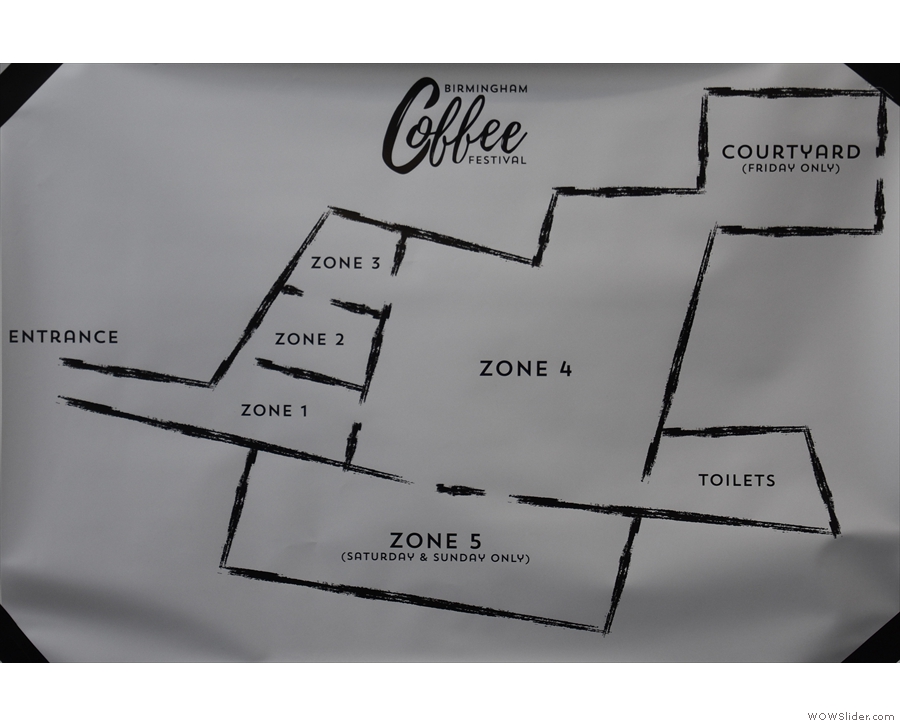

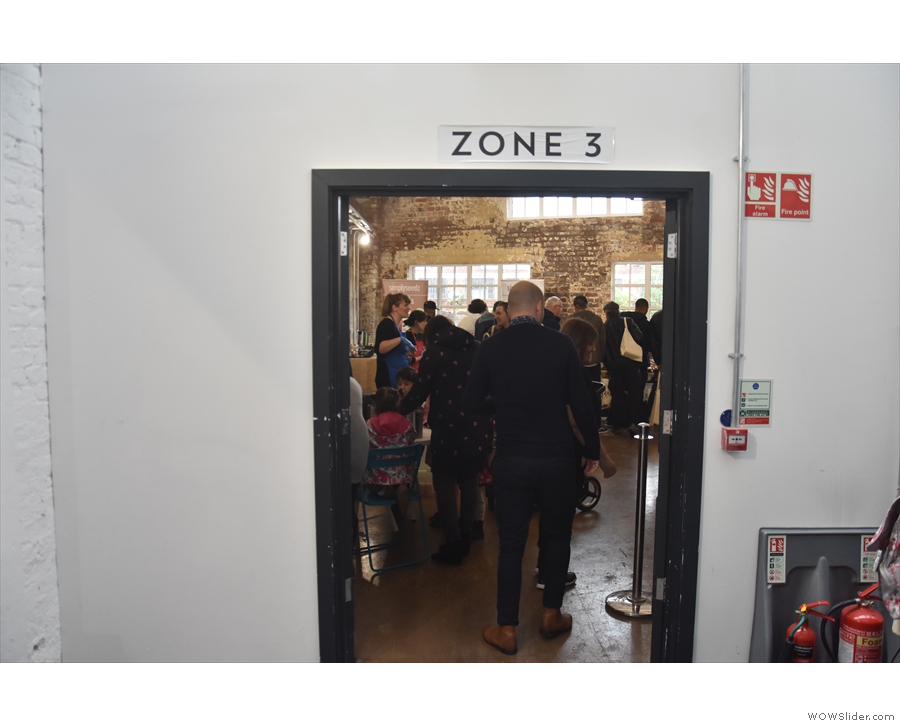
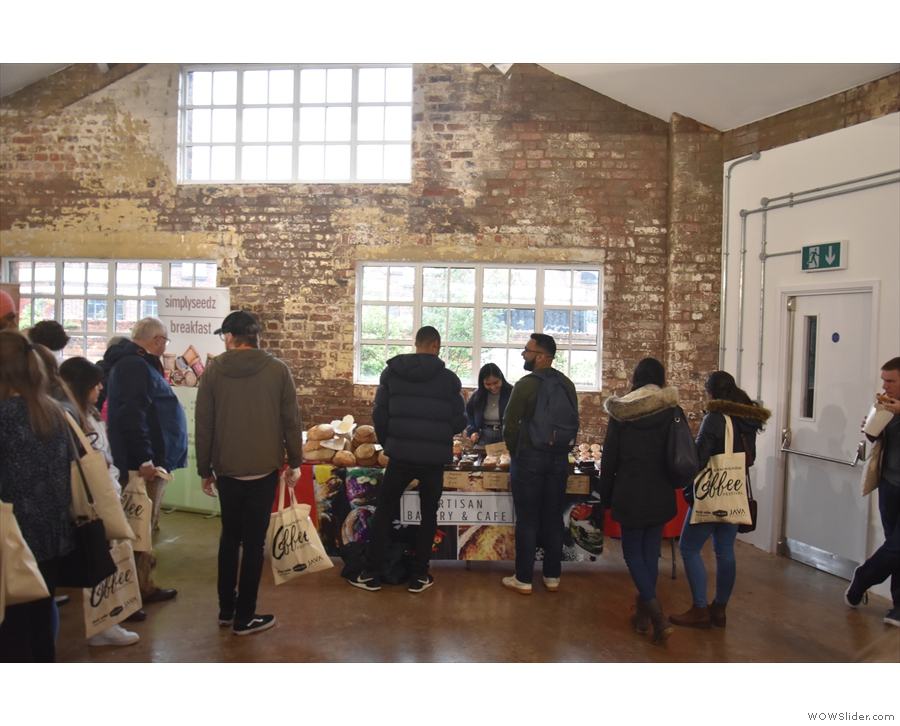
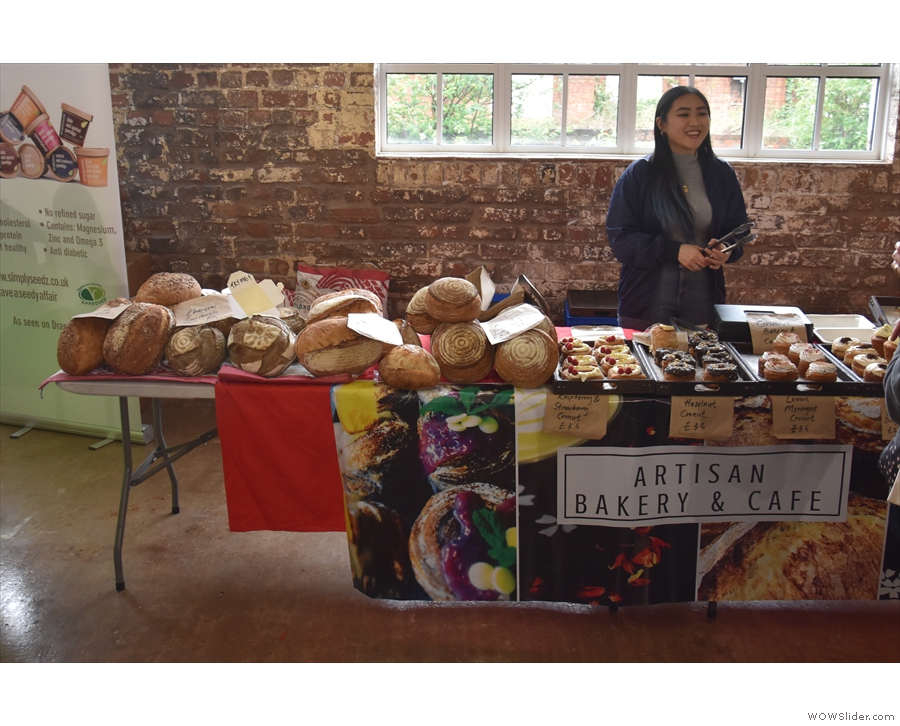
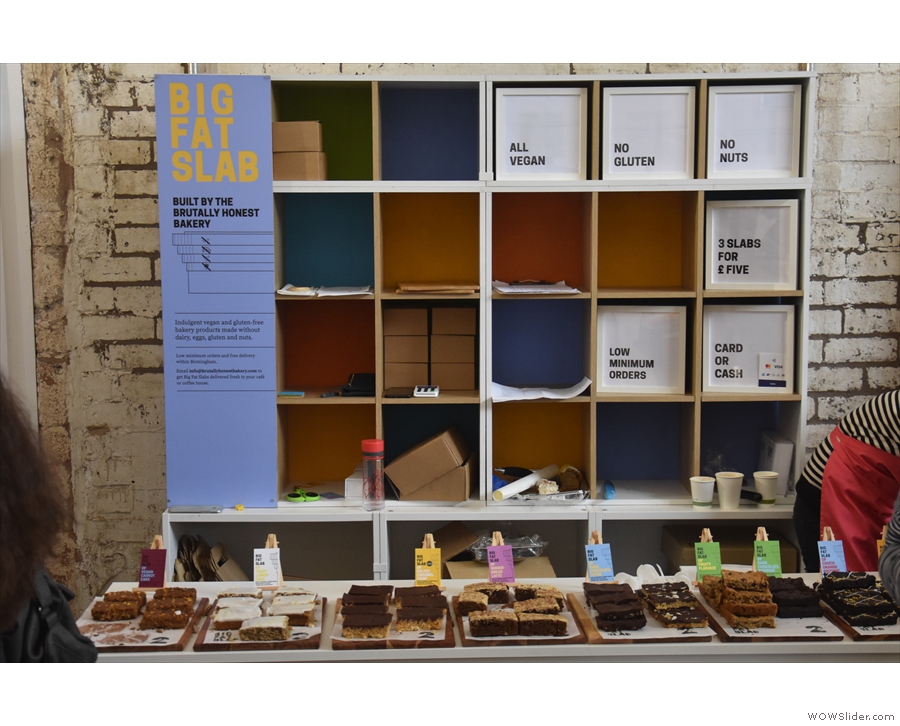

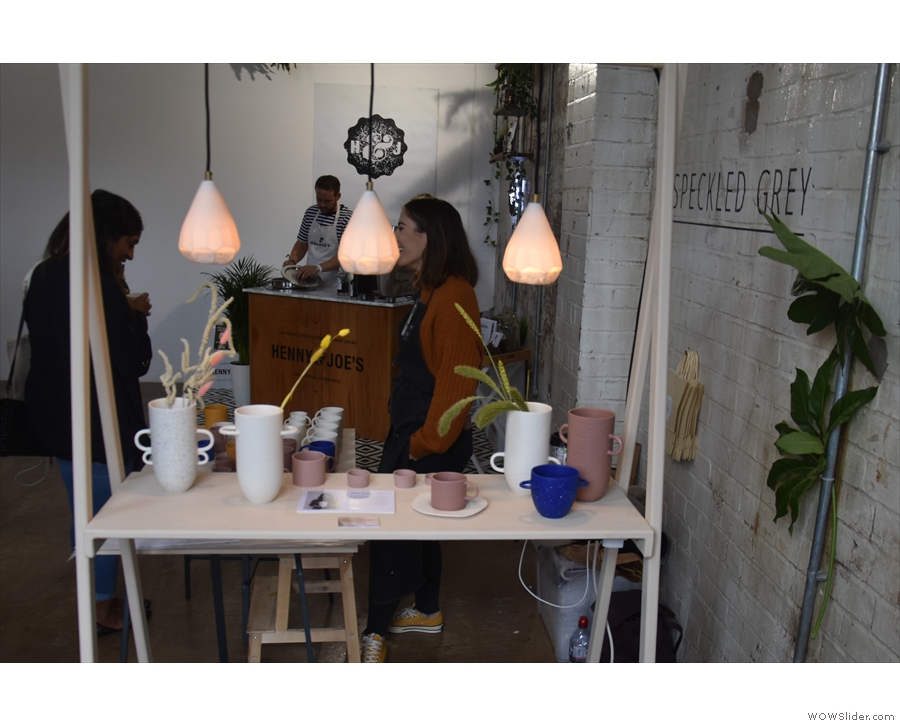

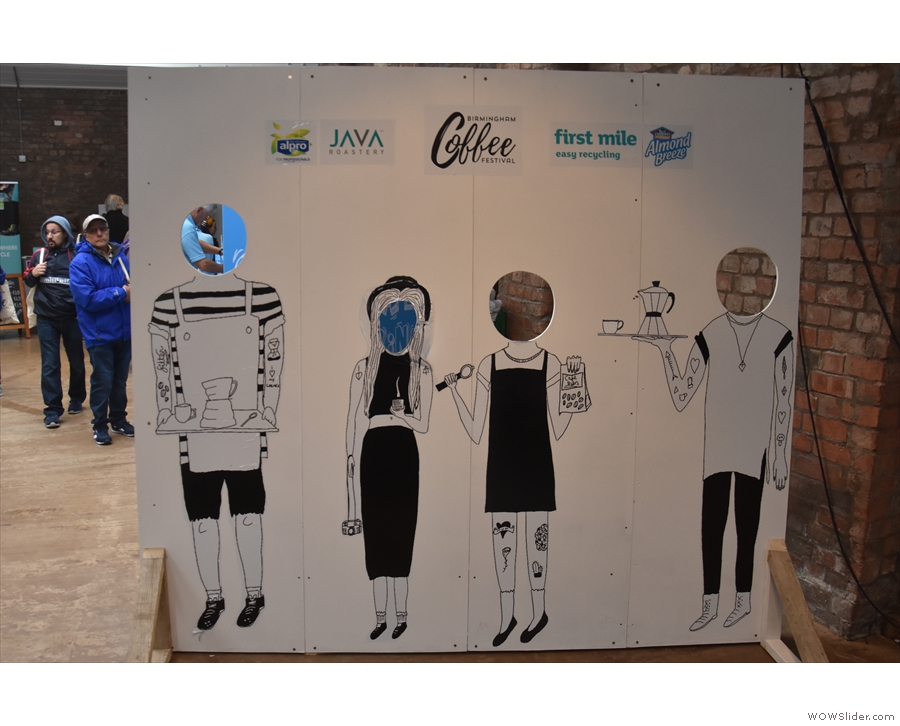
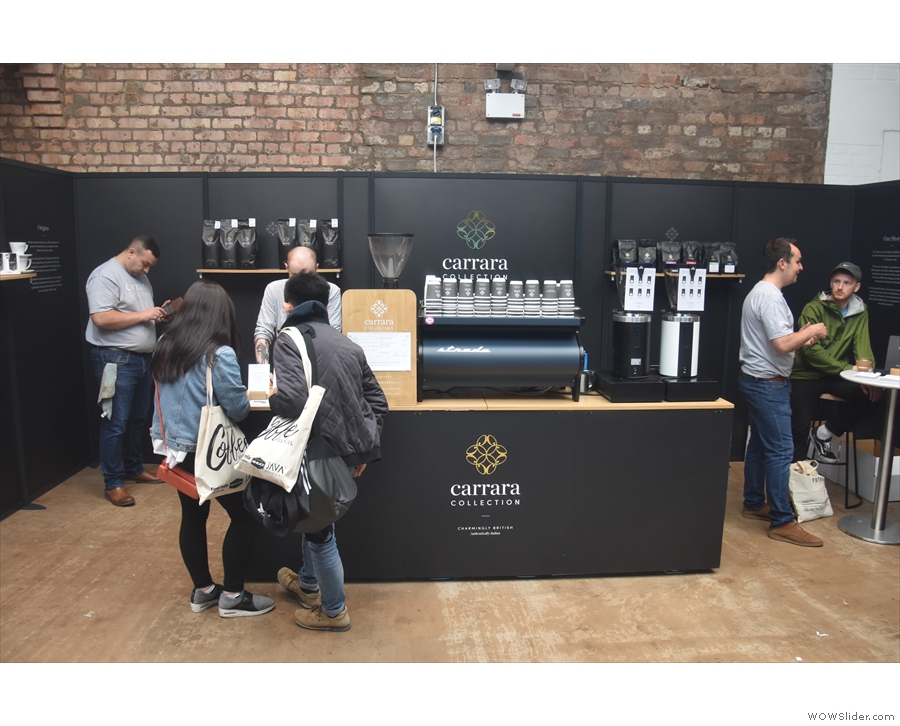

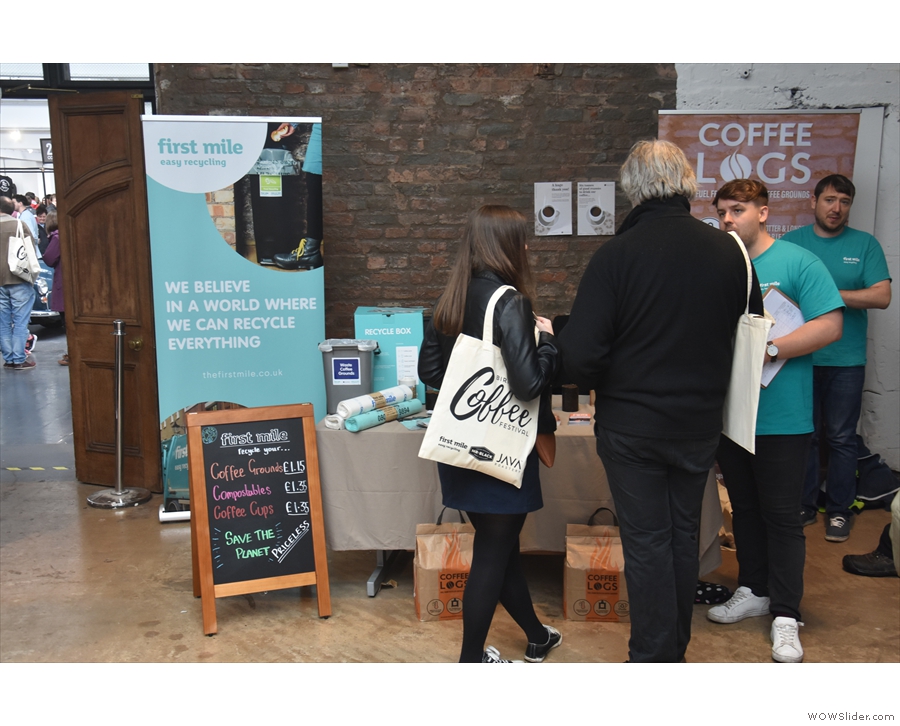
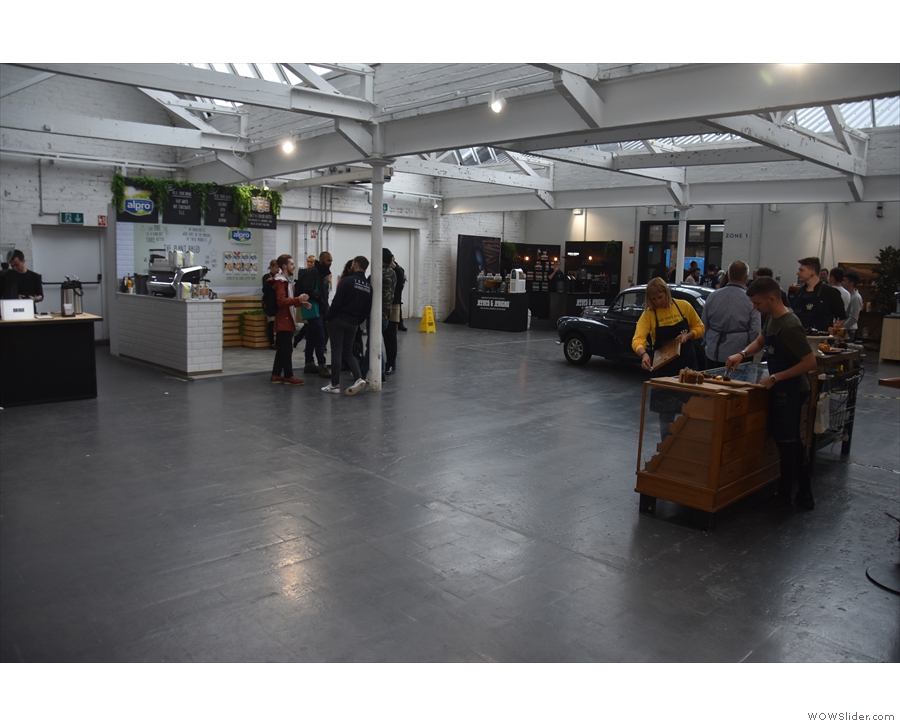

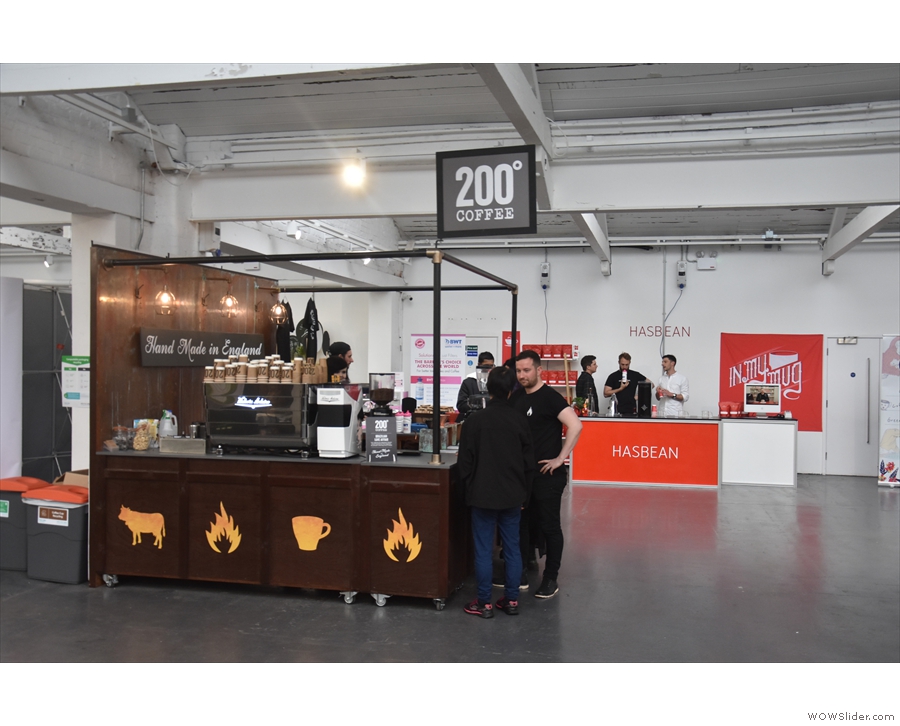
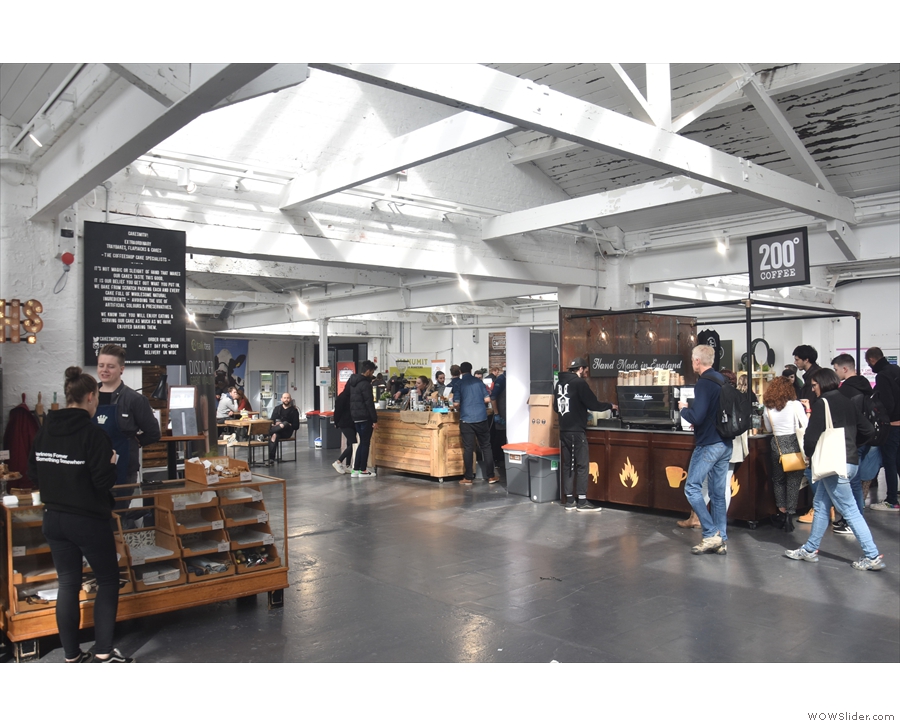
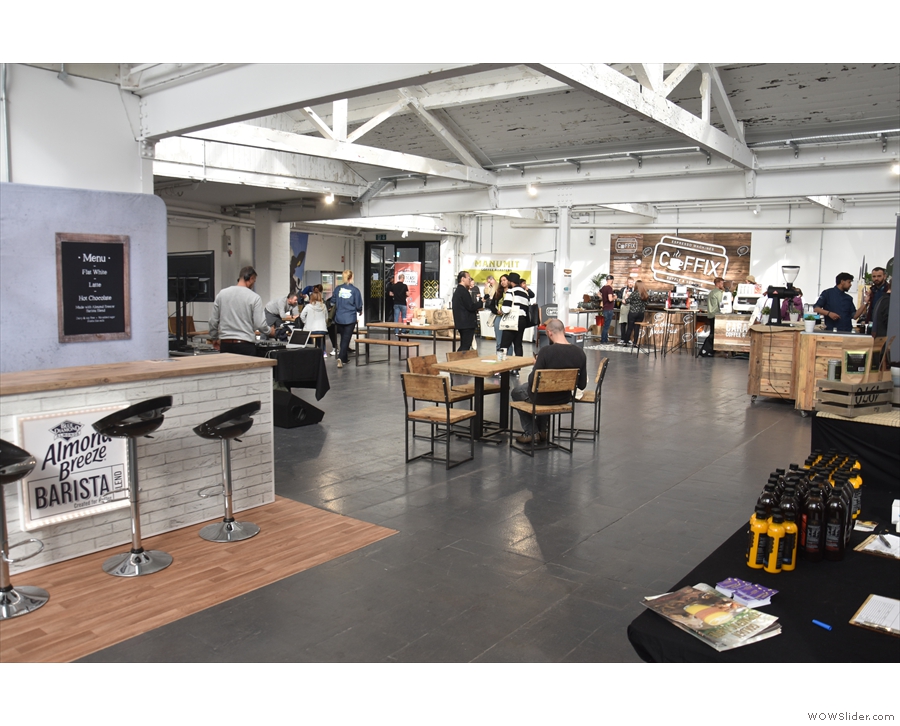


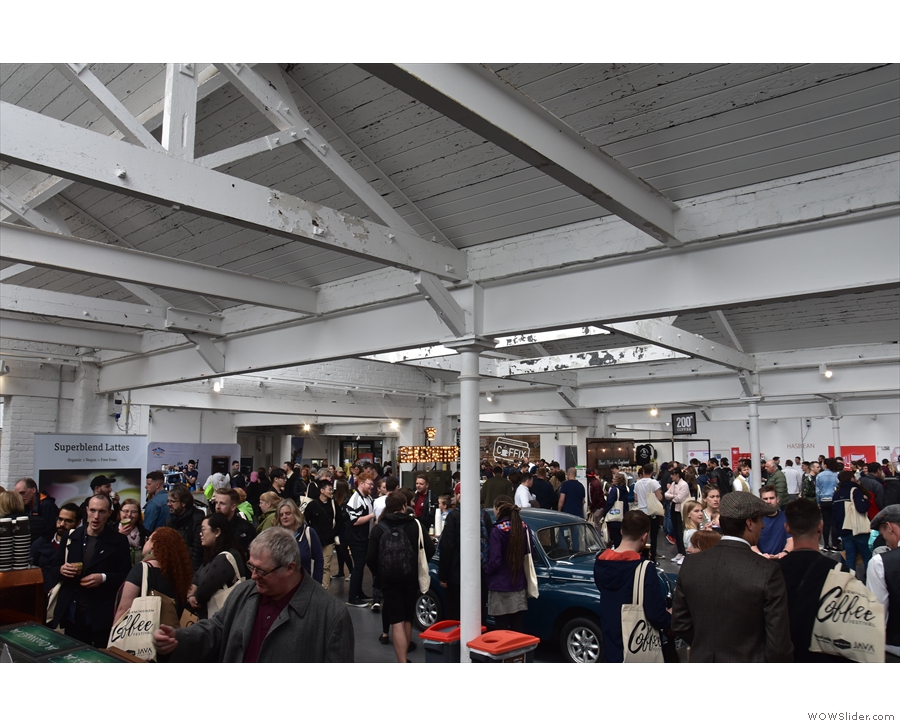
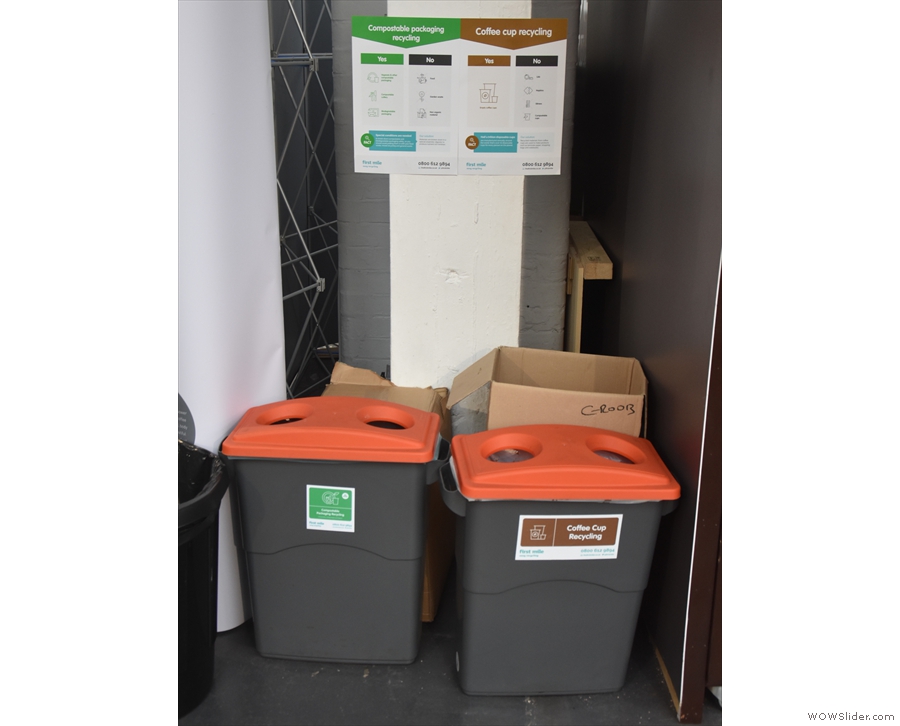


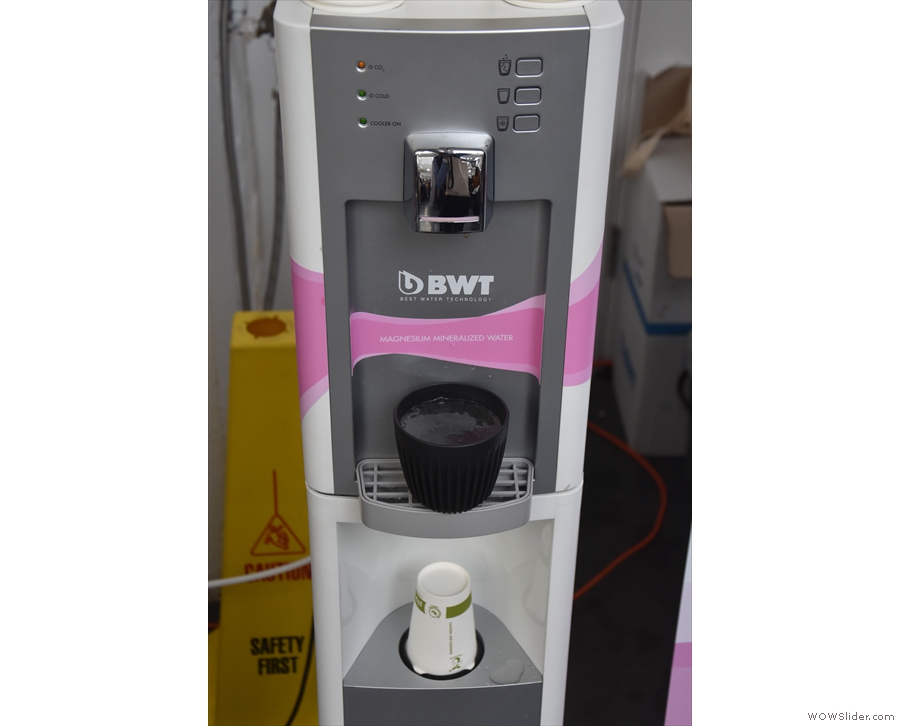
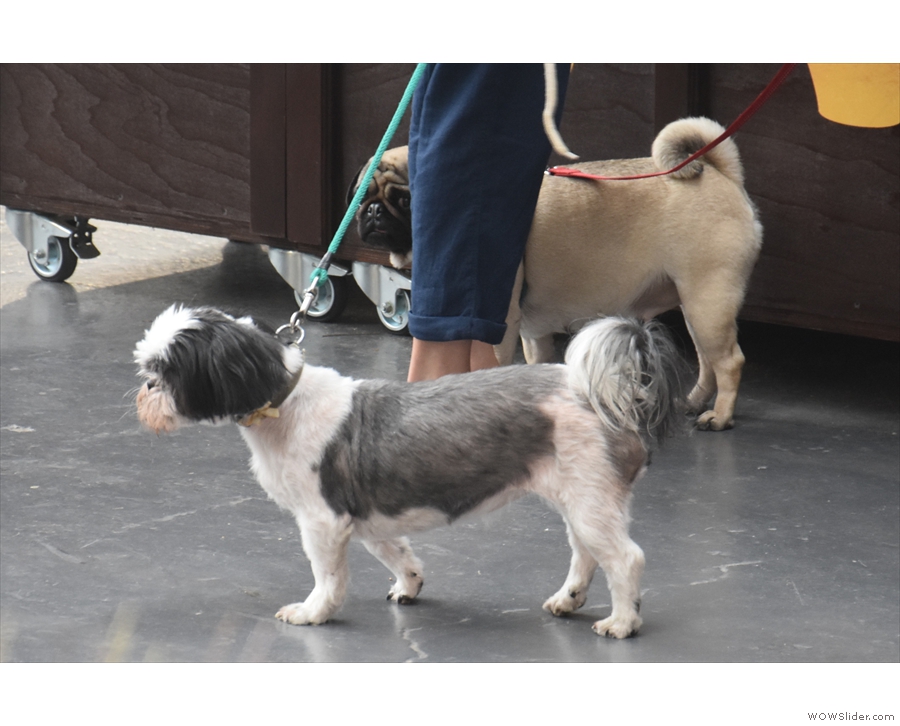
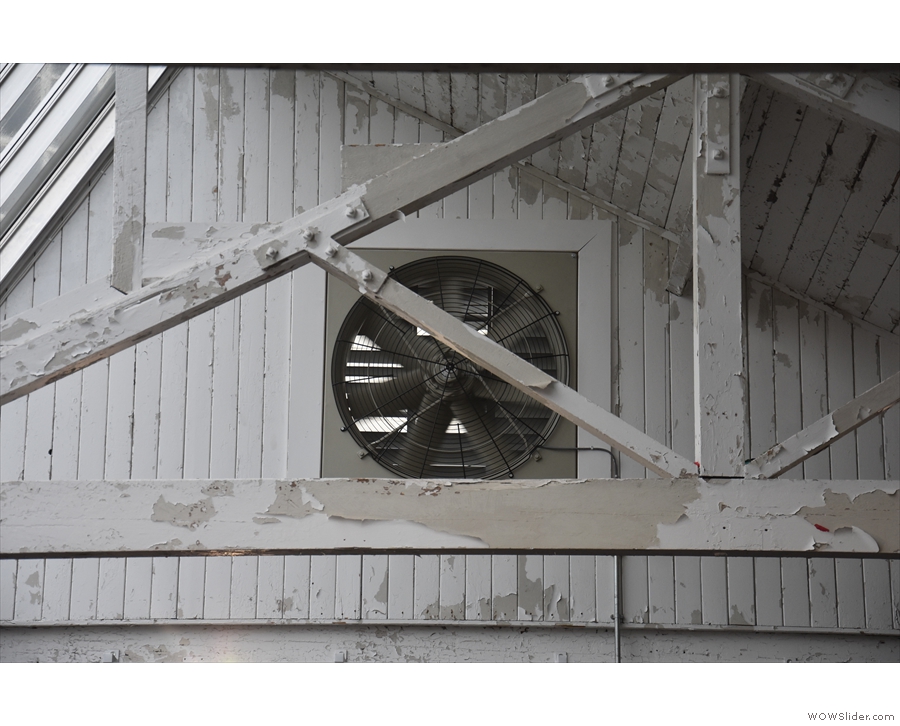

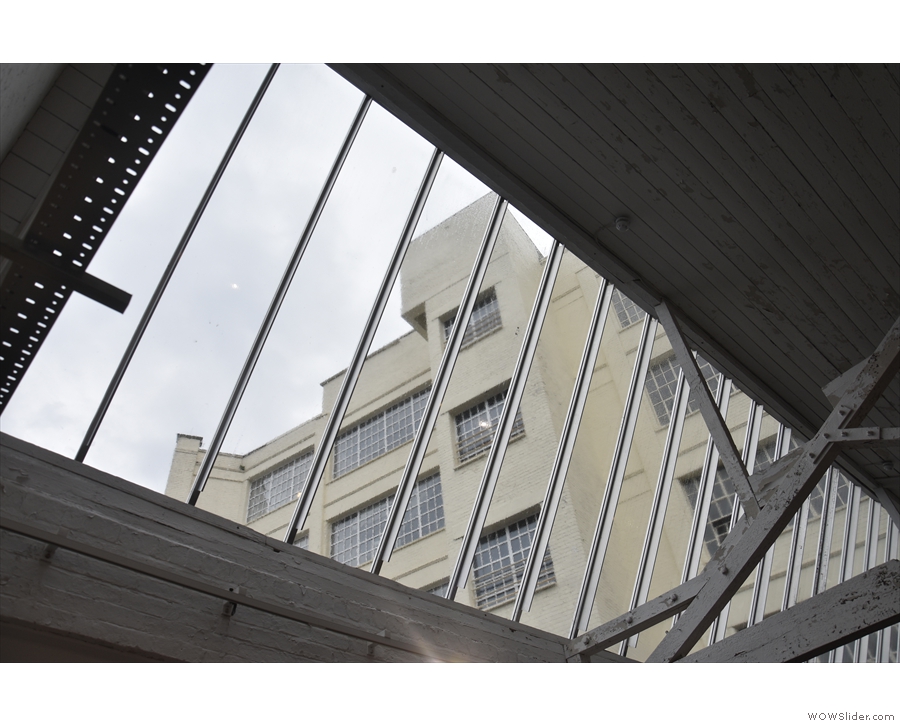
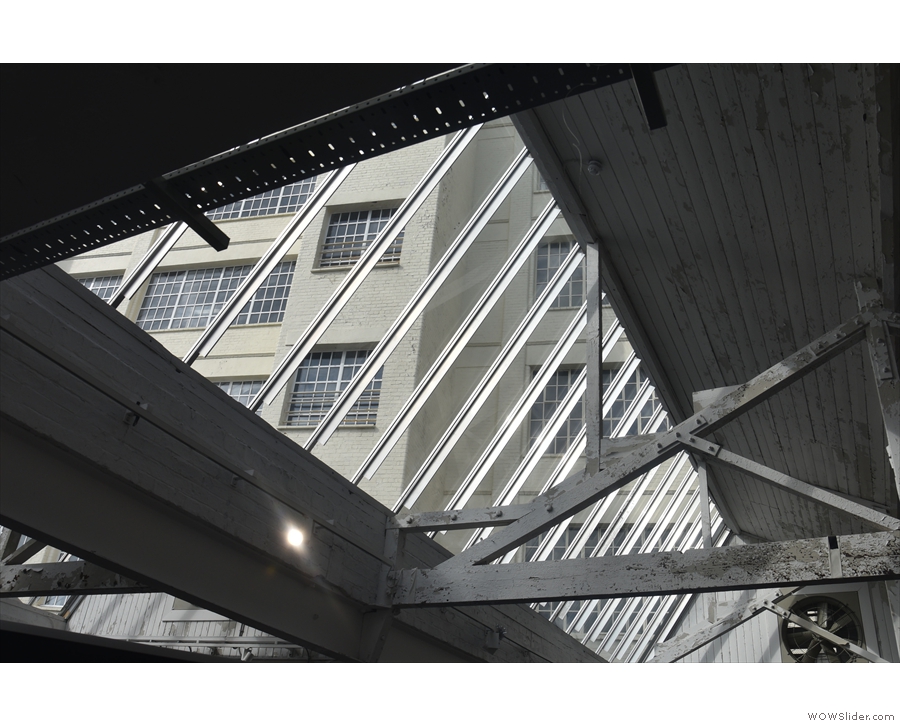
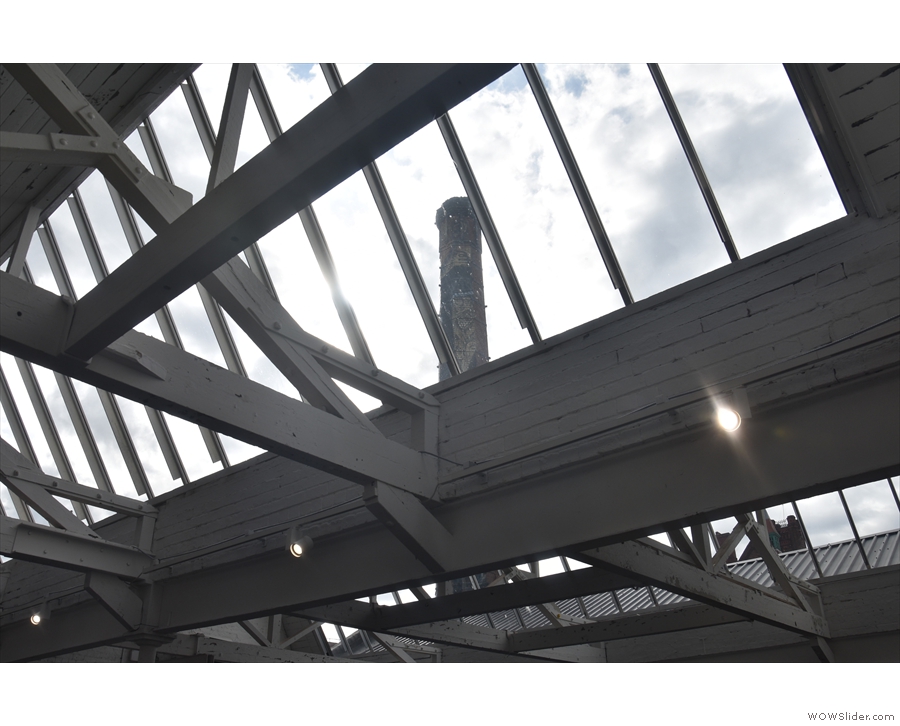
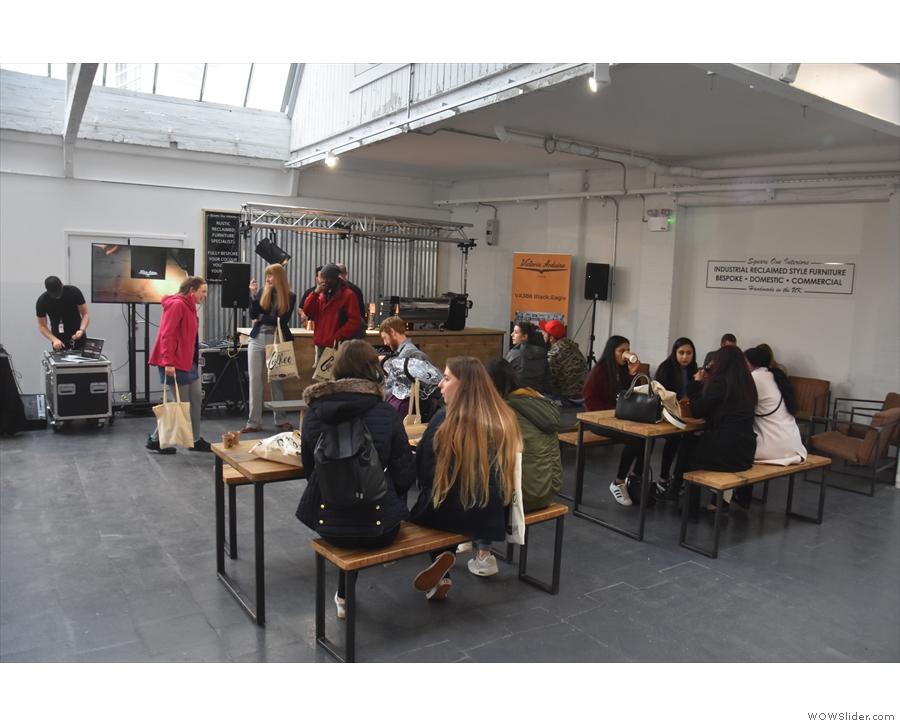
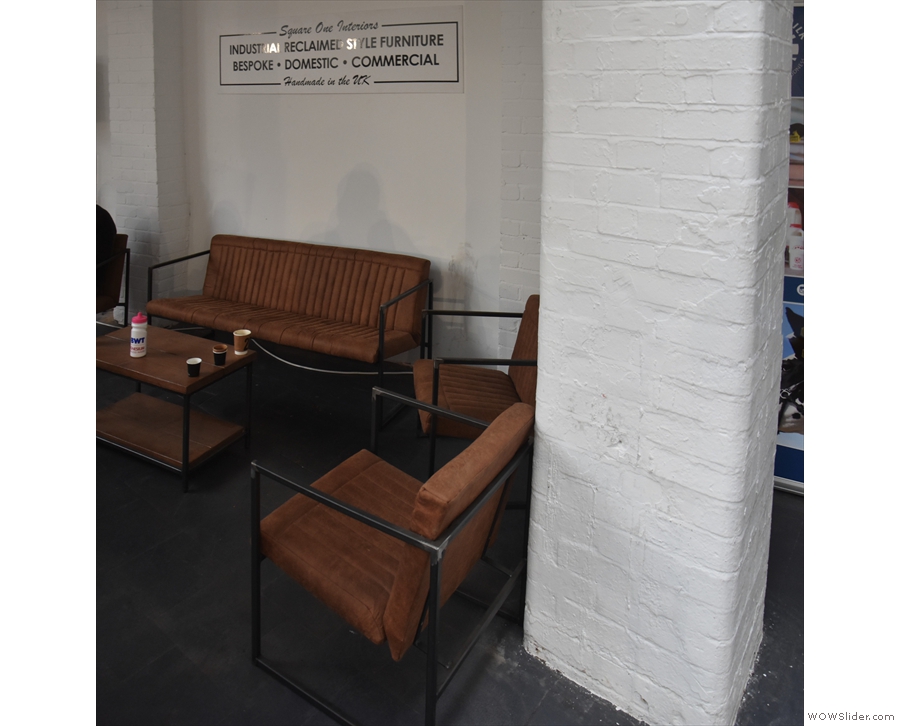
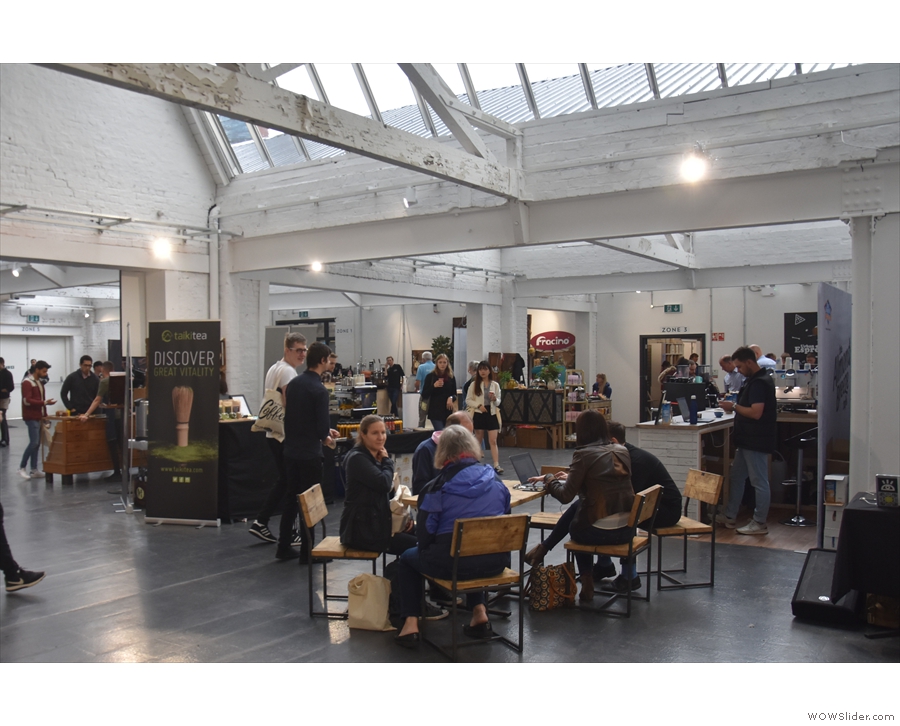
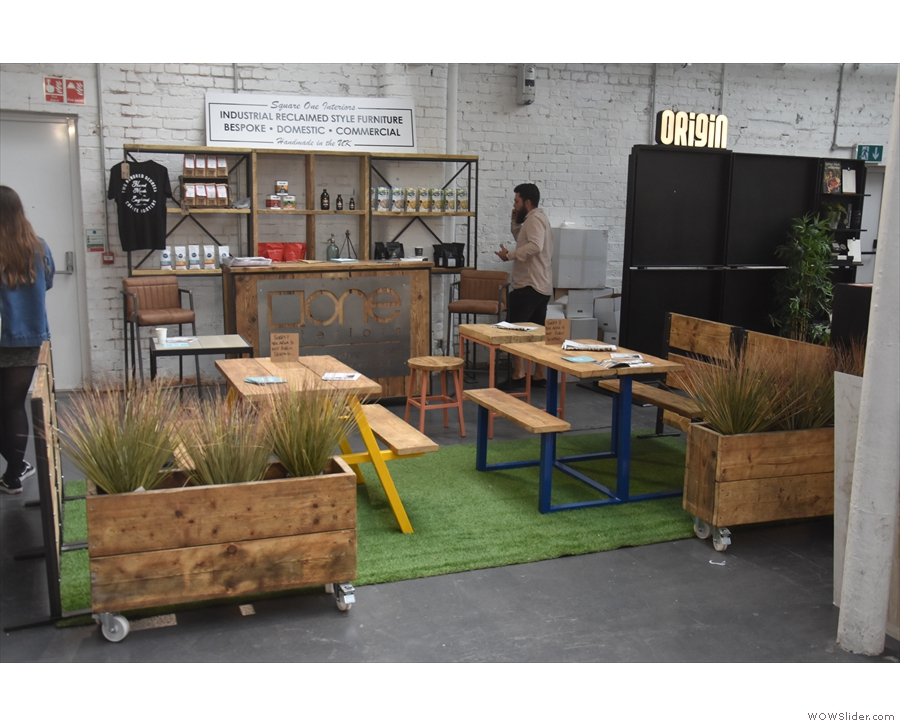


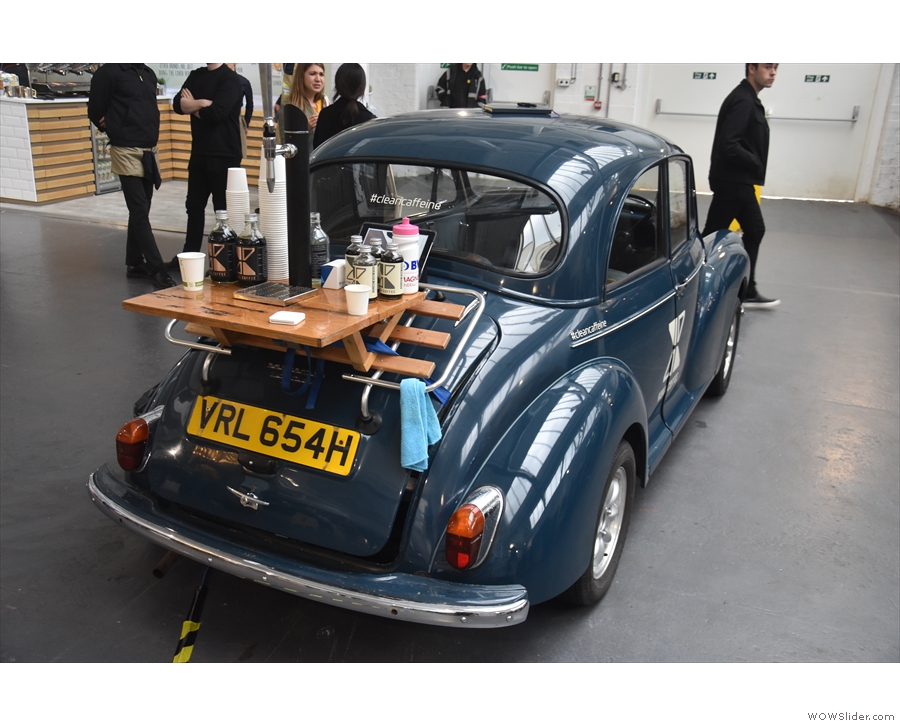
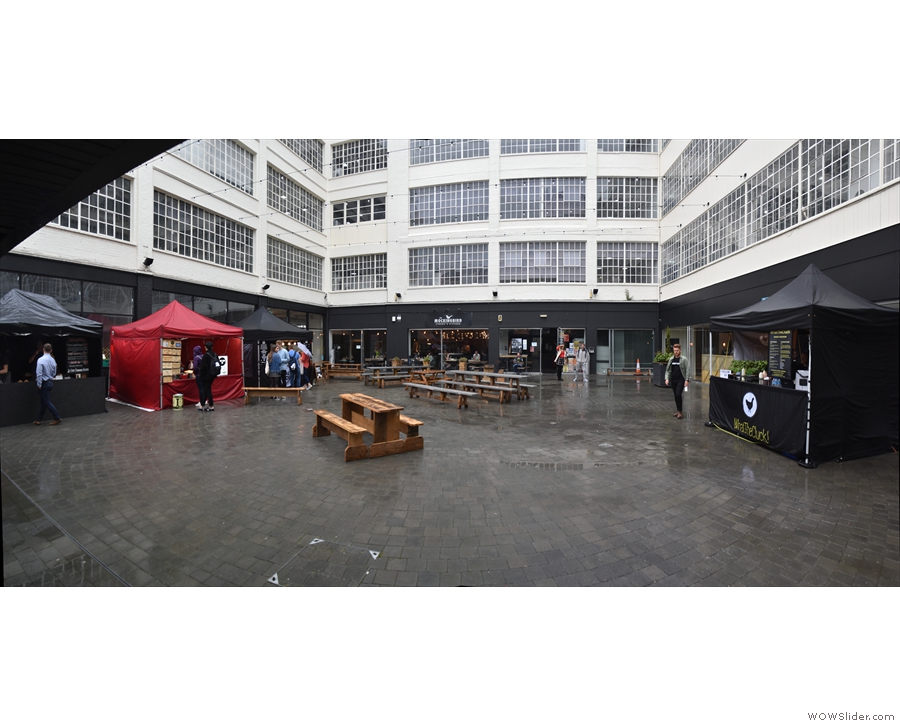
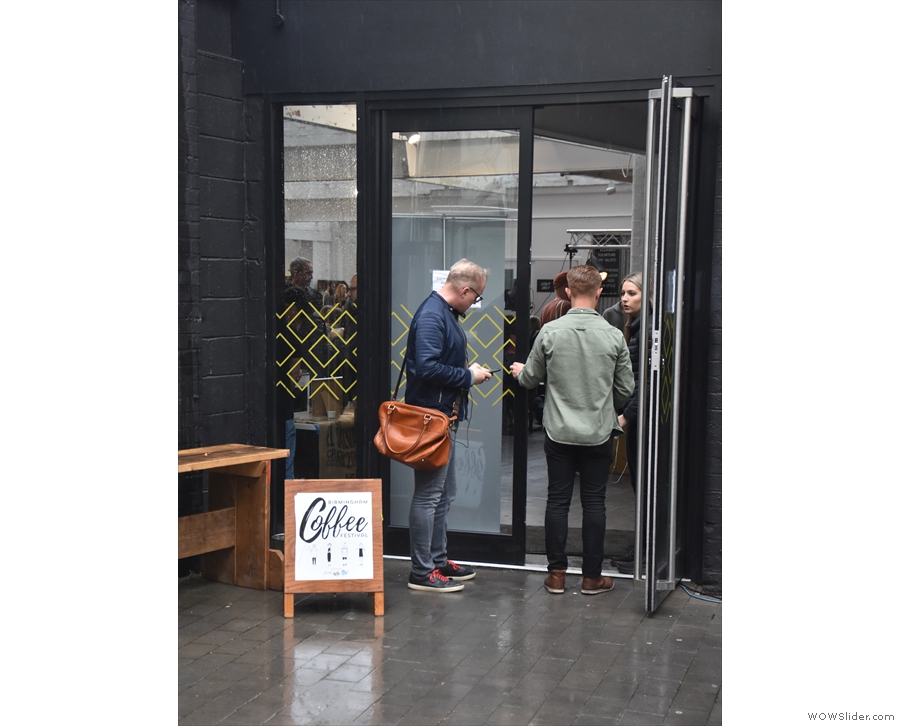
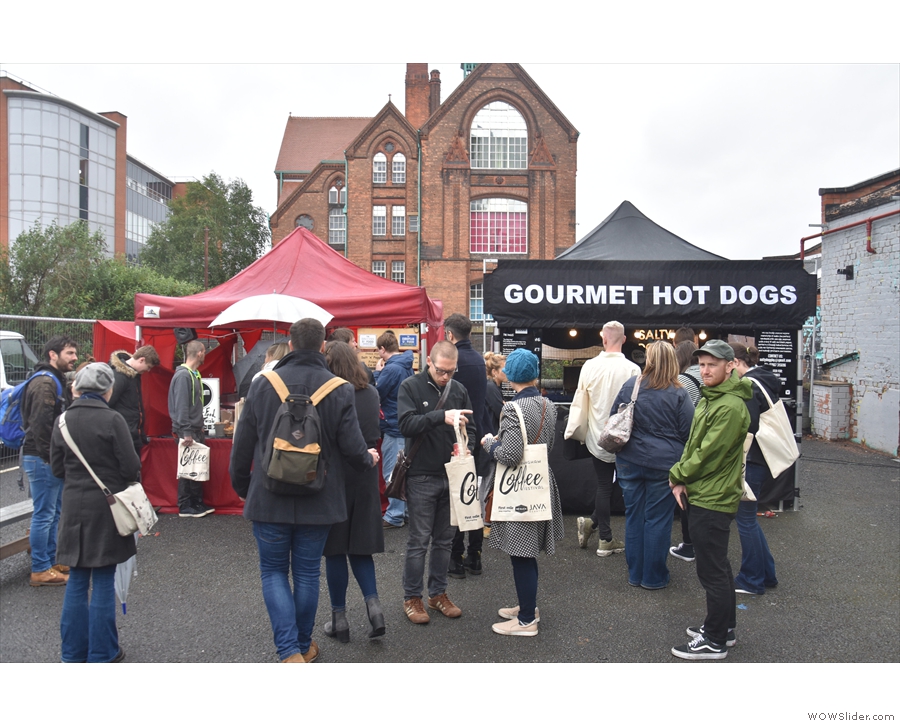
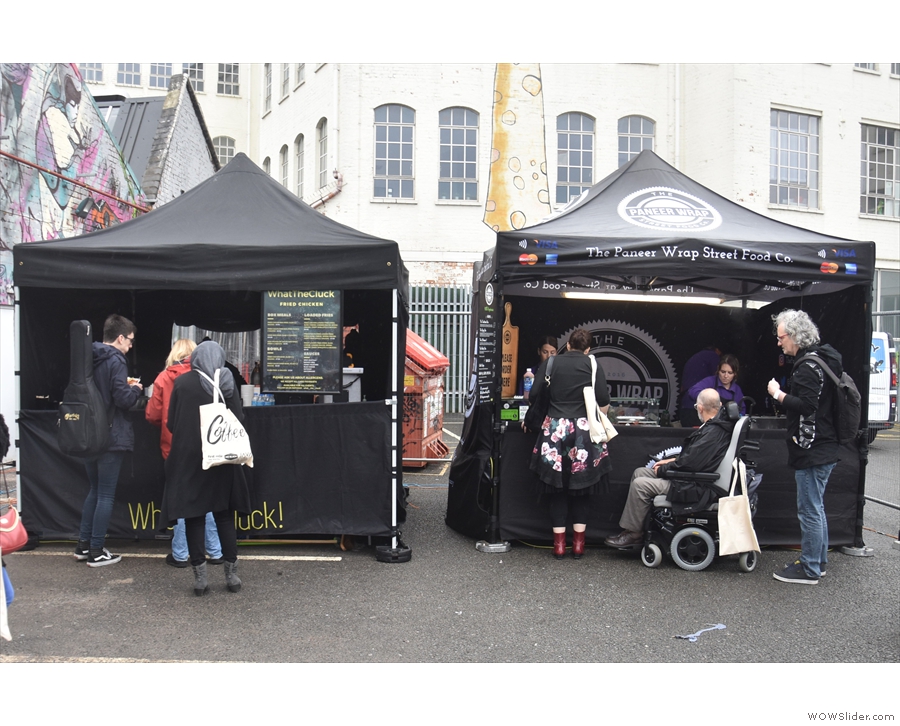
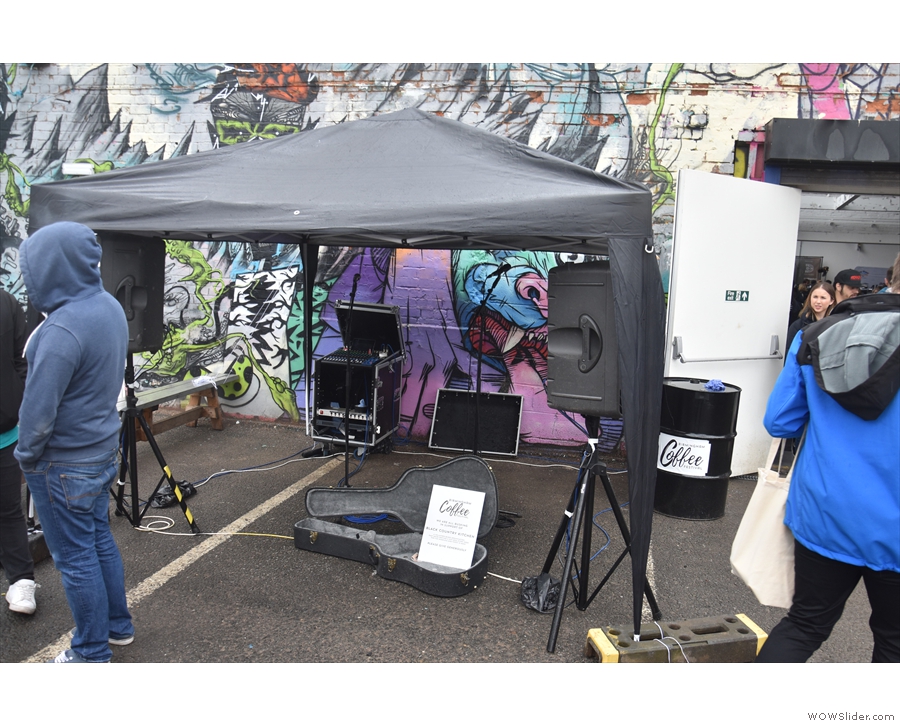
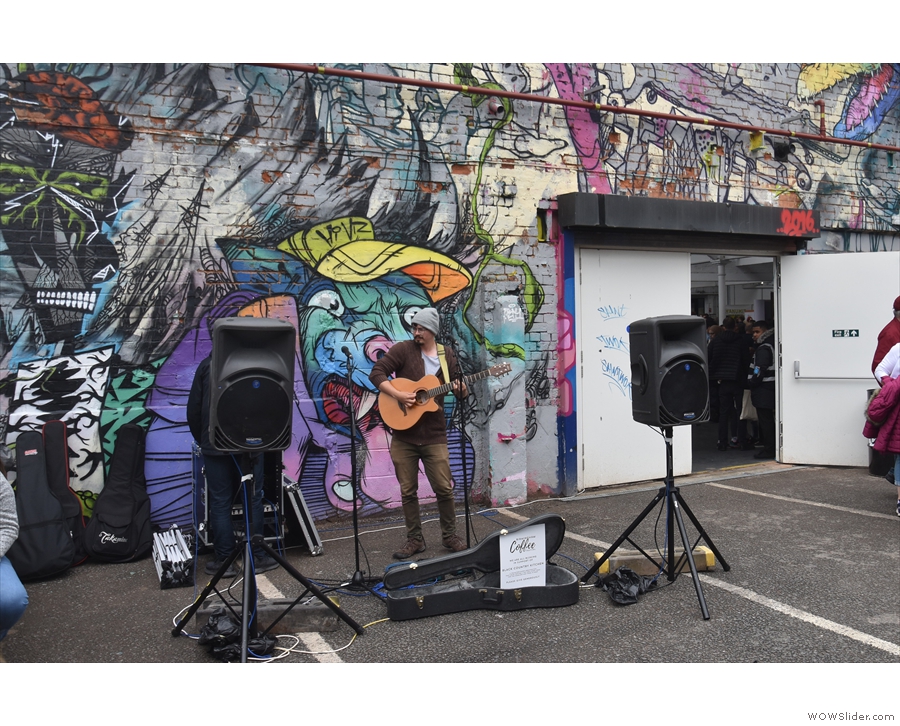
 1
1 2
2 3
3 4
4 5
5 6
6 7
7 8
8 9
9 10
10 11
11 12
12 13
13 14
14 15
15 16
16 17
17 18
18 19
19 20
20 21
21 22
22 23
23 24
24 25
25 26
26 27
27 28
28 29
29 30
30 31
31 32
32 33
33 34
34 35
35 36
36 37
37 38
38 39
39 40
40 41
41 42
42 43
43 44
44 45
45 46
46 47
47 48
48 49
49 50
50
Pingback: Birmingham Coffee Festival 2019 Preview | Brian's Coffee Spot
Pingback: Birmingham Coffee Festival 2019: Meet the Roasters | Brian's Coffee Spot
Pingback: Birmingham Coffee Festival 2019: Food Glorious Food | Brian's Coffee Spot
Pingback: Birmingham Coffee Festival 2019: Part III | Brian's Coffee Spot
Pingback: Brian’s Travel Spot: Flying to Boston with Virgin Atlantic | Brian's Coffee Spot
Pingback: The Coffee Spot is Seven! | Brian's Coffee Spot
Pingback: 2019 Awards – Best Espresso | Brian's Coffee Spot
Pingback: 2019 Awards – Best Saturday Supplement | Brian's Coffee Spot